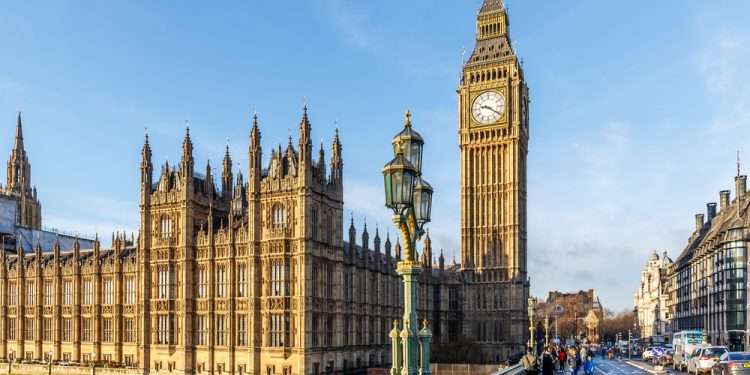Thirteen healthcare organisations are calling on the government to follow through on its 2018 promise to strip the General Medical Council (GMC) of its power to appeal decisions made by the Medical Practitioners Tribunal Service (MPTS).
The organisations include the British Medical Association, the Royal College of Physicians and the British Association of Physicians of Indian Origin.
In 2018 the government accepted in full recommendations made by the Williams review into gross negligence manslaughter in healthcare, following the case of Dr Hadiza Bawa-Garba – this included the main recommendation that the GMC should have its right to appeal fitness to practice decisions removed.
The review also said that the Professional Standards Authority (PSA) would retain its near identical right of appeal to MPTS decisions.
However, as relevant legislative changes have not been made to the Medical Act, the GMC continue to appeal decisions. According to data obtained through an FOI (freedom of information) request, since the start of 2018 it has challenged at least 14 MPTS decisions.
Commenting on the strength of feeling on the issue from across healthcare, professor Dame Jane Dacre, president at the Medical Protection Society who coordinated the letter, said: “The GMC’s power to appeal decisions made by the MPTS has led to fear across the medical profession and a lack of confidence in the GMC. It is also unnecessary as the PSA has the authority to appeal decisions. The GMC is the only UK health regulator that has such a right of appeal.
“The government agreed that the GMC should be stripped of the power in June 2018, following the professor Sir Norman Williams review into gross negligence manslaughter in healthcare. However, until the relevant legislative changes are made to the Medical Act, the GMC can and do continue to challenge decisions.
“The government’s recommitment to removing the GMC’s right to appeal within the recent consultation on broader professional regulation reforms is welcome. It is however almost three years since it committed to making this change, and it should not be held up while a wide range of other complex proposals go through a round of further consultation.
“Implementing this change as part of the forthcoming Health and Social Care Bill would give the profession confidence that their concerns and the recommendations of the Williams review are now being acted on.
“There has never been a more important time to address this shortcoming. Covid-19 has sparked discussion about the extent to which individuals should be held to account when working in pressurised and extreme circumstances, and now more than ever, the regulator needs to be able to operate in a way that instils confidence amongst patients and doctors.”
The letter to health secretary Matt Hancock calling for section 40A of the Medical Act 1983 to be removed as part of the upcoming Health and Social Care Bill, has been signed by Medical Protection Society, The Doctors’ Association UK, Hospital Consultants and Specialists Association, British Medical Association, Royal College of General Practitioners, Royal College of Surgeons of England, Royal College of Physicians, Royal College of Paediatrics and Child Health, Royal College of Surgeons of Edinburgh, Medical Women’s Federation, Association of Anaesthetists, British Association of Physicians of Indian Origin, and Medical Defence Shield.






